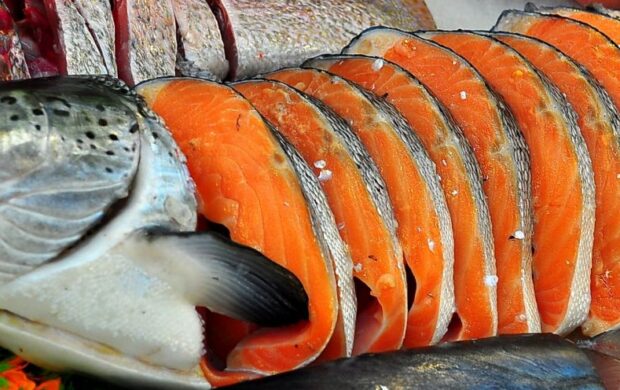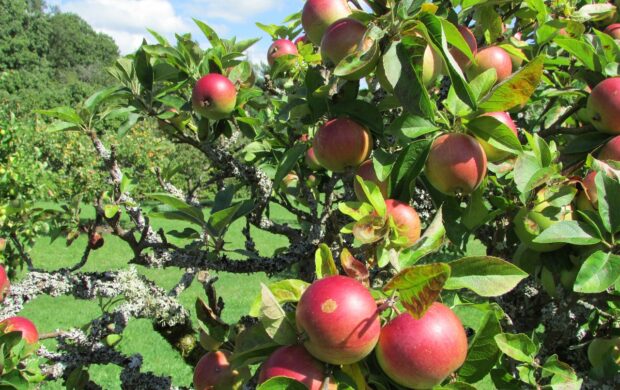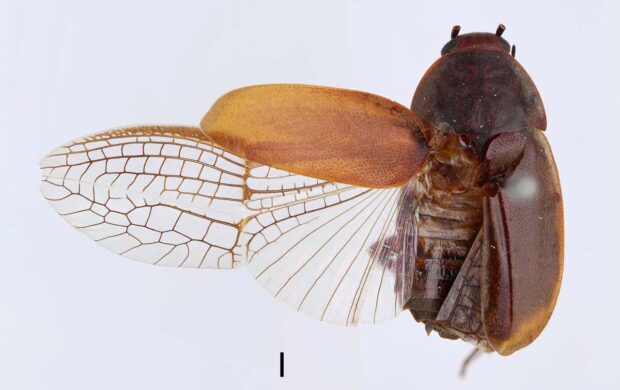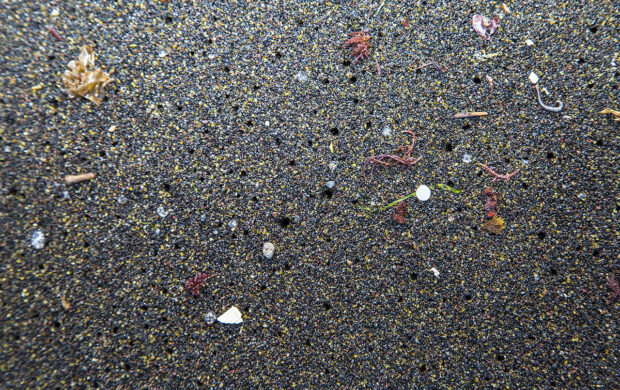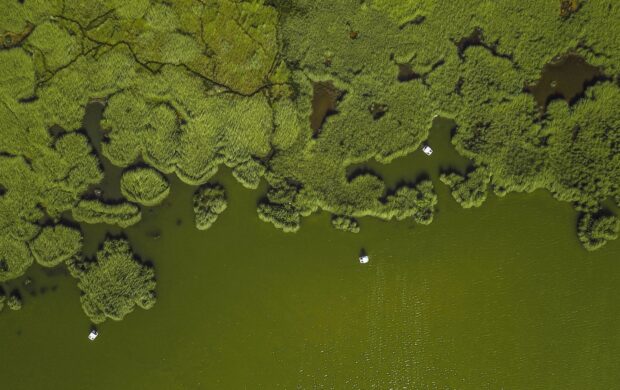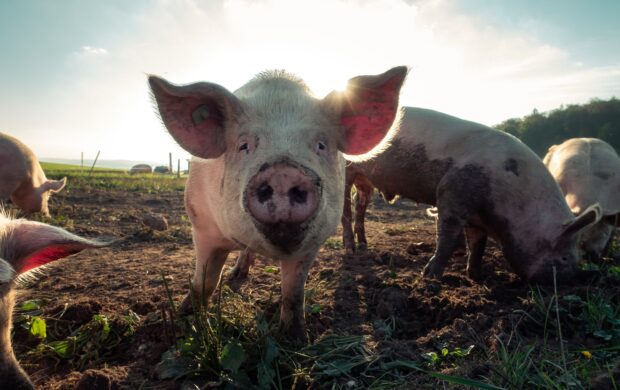In 2019, two Icelandic whaling businesses – Hvalur and the Icelandic Minke Whalers Association – announced they wouldn’t hunt fin whales that year, with longer term plans inconclusive. In the same year, Japan ceased its Antarctic whaling program, reducing demand for Icelandic whale meat.
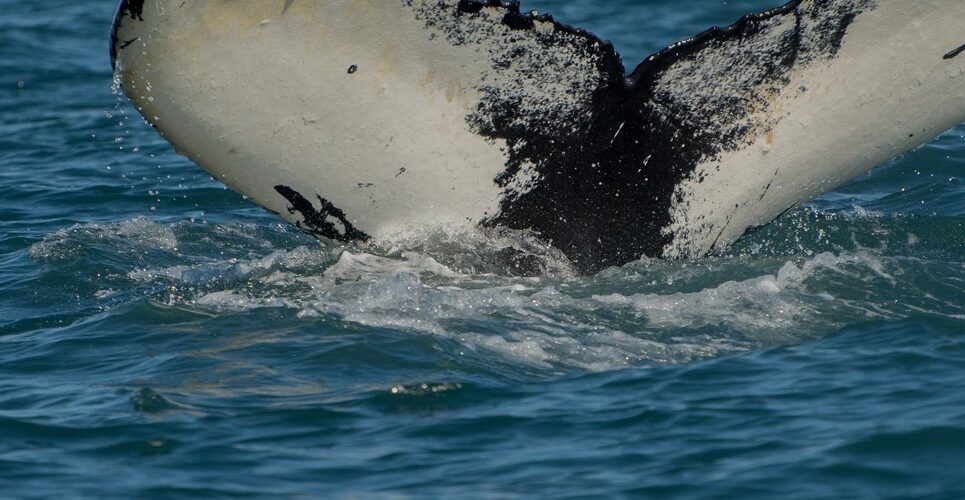
A 2019 poll showed that a third of Icelanders oppose fin whaling, while another third remains undecided.
So what?
While most nations have supported a commercial whaling ban since 1986, Iceland, Norway and Japan have been exceptions. Is appetite for whale meat finally coming to an end?
Whales are important contributors to ecosystems, providing nutrients and habitats to sustain ecosystems and sequestering carbon, as Joe Roman, a fellow at the Fund Institute for Environment, University of Vermont explains:
“Their nutrient-rich fecal plumes provide nitrogen, iron and phosphorous to algae at the surface, which increases productivity in areas where whales feed. More whales mean more plankton and more fish.
Whales also play a role in the carbon cycle. They are the largest creatures on Earth, and when they die their carcasses often sink to the deep sea. These events, known as whale falls, provide habitat for at least a hundred species that depend on the bones and nutrients. They also transfer carbon to the deep ocean, where it remains sequestered for hundreds of years.”
Can their contribution to ecosystems over hundreds of years be valued above their cultural status as a culinary delicacy?
Signal spotter: Natasha Houseman
Source:
https://theconversation.com/iceland-didnt-hunt-any-whales-in-2019-and-public-appetite-for-whale-meat-is-fading-127504

